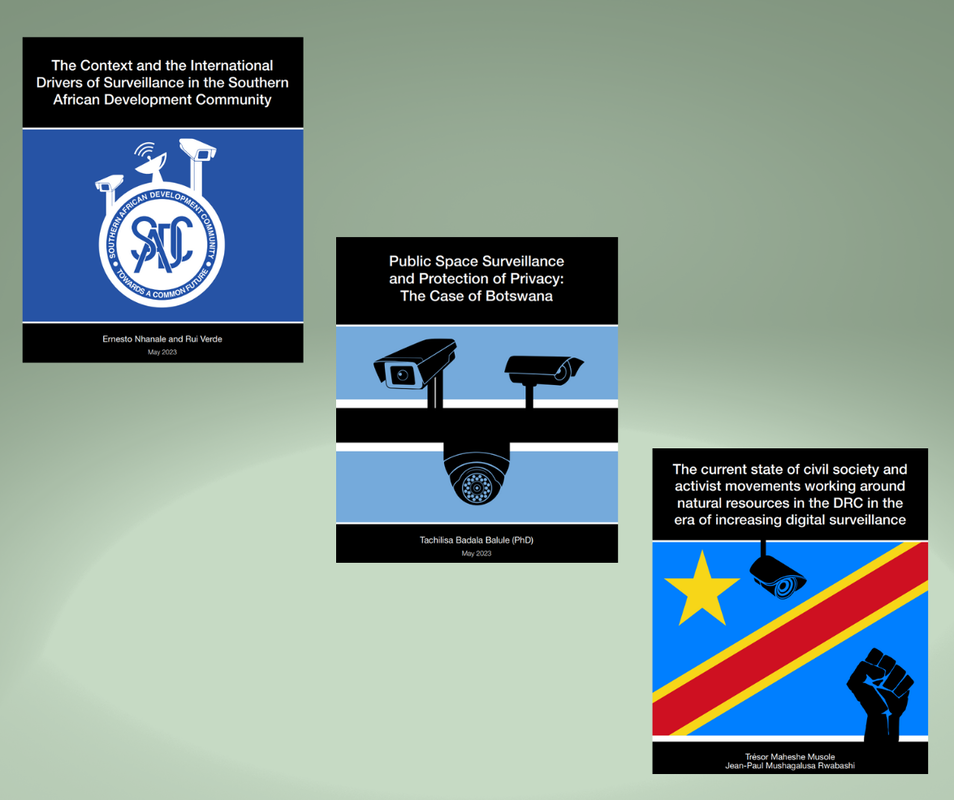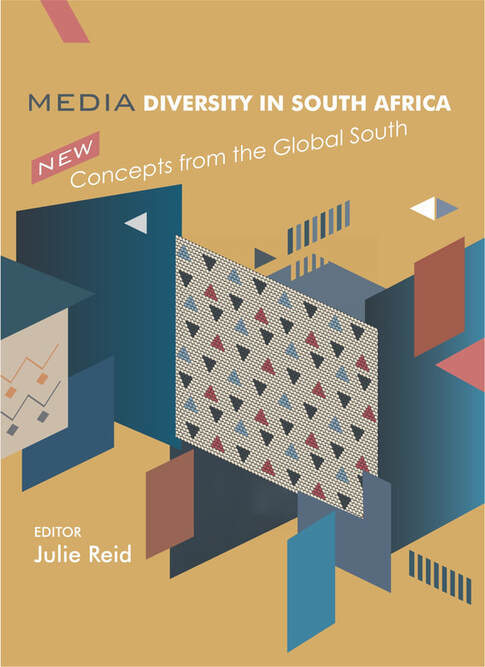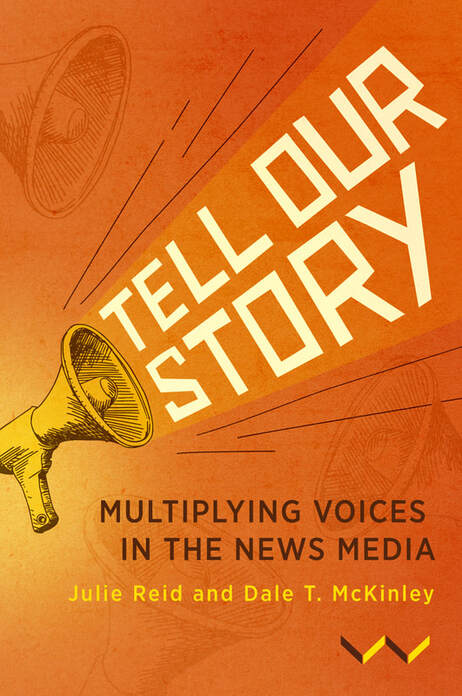LATEST RESEARCHDownload Our Latest Research Reports
The Context and the International Drivers of Surveillance in the Southern African Development Community Ernesto Nhanale and Rui Verde The current state of civil society and activist movements working around natural resources in the DRC in the era of increasing digital surveillance Trésor Maheshe Musole and Jean-Paul Mushagalusa Rwabashi Public Space Surveillance and Protection of Privacy: The Case of Botswana Tachilisa Badala Balule |
Conference: Summit on surveillance in Southern Africa
(22-23 June 2023)
The Media Policy and Democracy Project (MPDP), a partner organisation and forerunner to Intelwatch, is convening a summit on surveillance in Southern Africa from 22-23 June 2023.
Since its establishment in 2012, MPDP has become a significant contributor to knowledge on surveillance and intelligence reform in Southern Africa.
This convening will bring together independent researchers and journalists from the region who have partnered with MPDP, in order to showcase their work on surveillance issues in Southern Africa, to reflect on the current state of surveillance in the region, and to engage with colleagues in the sector about opportunities to take the work forward.
MPDP was launched in 2012 as an inter-university collaborative research project between the Department of Communication Science at University of South Africa, and the Department of Journalism, Film and Television at the University of Johannesburg. More recently, it has continued as a project of the Department of Communication and Media at the University of Johannesburg. This convening marks the project’s conclusion.
The event will take place in-person at the University of Johannesburg Library, with provision for virtual participation.
Since its establishment in 2012, MPDP has become a significant contributor to knowledge on surveillance and intelligence reform in Southern Africa.
This convening will bring together independent researchers and journalists from the region who have partnered with MPDP, in order to showcase their work on surveillance issues in Southern Africa, to reflect on the current state of surveillance in the region, and to engage with colleagues in the sector about opportunities to take the work forward.
MPDP was launched in 2012 as an inter-university collaborative research project between the Department of Communication Science at University of South Africa, and the Department of Journalism, Film and Television at the University of Johannesburg. More recently, it has continued as a project of the Department of Communication and Media at the University of Johannesburg. This convening marks the project’s conclusion.
The event will take place in-person at the University of Johannesburg Library, with provision for virtual participation.
Summit on surveillance in Southern Africa
Dates: 22-23 June 2023
Physical venue: Nadine Gordimer Auditorium, UJ Library, Auckland Park Kingsway Campus, Johannesburg
Virtual platform: Zoom
Register: To attend in person or virtually, please register at bit.ly/MPDPconference
Find the conference flyer below:
Dates: 22-23 June 2023
Physical venue: Nadine Gordimer Auditorium, UJ Library, Auckland Park Kingsway Campus, Johannesburg
Virtual platform: Zoom
Register: To attend in person or virtually, please register at bit.ly/MPDPconference
Find the conference flyer below:
READ OUR LATEST JOURNALISM
|
Members of the MPDP have published various articles and/or opinion pieces for newspapers and digitally published news websites on topics and research related to the MPDP
|
The MPDP produces journalism mapping the growth of state surveillance capabilities in selected southern African countries. Read our journalism on Communication Surveillance
|
NEW BOOKAbout the book
This timely book argues that the Global North’s research methods and traditional assumptions are not valid to the media landscapes and audiences of the Global South. With South Africa as the focus, the authors offer a new understanding of media diversity along an audience-centred approach. Disappointingly, research shows that most South African citizens (most of whom are economically marginalised) are found to experience extremely low levels of media content diversity in their personal media diets. The contributing factors are inter-related and complex, but include the inequitable distribution of media content, a lack of African language media, and most especially, the cost of media access which is unaffordable to many. In this book, the authors examine what went wrong with post-apartheid attempts to democratise the media landscape, and why the experienced levels of media diversity by the majority South African audience remain so woefully low. While media diversity is usually measured by policymakers, sector stakeholders or by market-related imperatives, this book foregrounds the perspective of the media consumer. In doing so, traditional media measuring is inverted – leading to a more in-depth understanding of how ordinary people in the Global South receive media content, how much, and why. The authors offer a wholistic analysis of the ineffectuality of key media policymaking processes, projects and institutions – while also suggesting how these could be transformed to create a more diverse and broadly accessible media landscape. |
NEW BOOKThe dominant news media is often accused of reflecting an ‘elite bias’, privileging and foregrounding the interests of a small segment of society, while ignoring the narratives of the majority. Tell Our Story investigates the problem of disproportionate media representation and offers a hands-on demonstration of listening journalism and research in practice to promote a more active engagement between journalists and local communities. In the process the authors dismiss the idea that some groups are voiceless, arguing that what is often described is a matter of those groups being deliberately ignored.
The authors focus on three communities in South Africa, each presenting with differing but crucial historical, geographical and socio-political ‘characteristics’ of the post-1994 period. Adopting an audience-centred approach, the authors delve into the life and struggle narratives of each community. They expose the divides between the stories as told by the people in the community who have lived experience of these events, and the way in which these stories are understood and shaped by the media. The implications of the media’s routine misrepresentation of the voices of the marginalised and poor for media diversity, media credibility and ethics, media education and training, as well as media research are unpacked and the authors offer a useful set of practical guidelines for journalists on the practice of listening journalism. |
ABOUT THE AUTHORS
Julie Reid is Associate Professor in the Department of Communication Science at the University of South Africa. Dale T McKinley is Research and Education Officer for the International Labour, Research and Information Group, and Senior Research Associate in the Department of Anthropology and Development Studies at the University of Johannesburg. |
Learn More About the Media Policy and Democracy Project
Read More About Us & See Our Focus Areas



